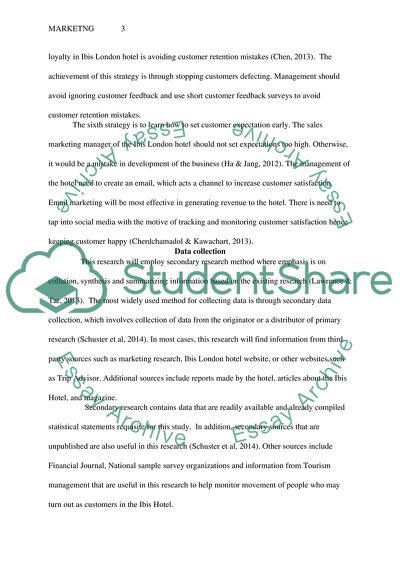How effective can customer satisfaction strategies be used as a tool Research Paper. https://studentshare.org/marketing/1874979-how-effective-can-customer-satisfaction-strategies-be-used-as-a-tool-for-influencing-customer-loyalty-in-the-ibis-london-hotels-in-comparison-with-other-budget-hotel-chains-in-london-look-at-the-order-instructions
How Effective Can Customer Satisfaction Strategies Be Used As a Tool Research Paper. https://studentshare.org/marketing/1874979-how-effective-can-customer-satisfaction-strategies-be-used-as-a-tool-for-influencing-customer-loyalty-in-the-ibis-london-hotels-in-comparison-with-other-budget-hotel-chains-in-london-look-at-the-order-instructions.


